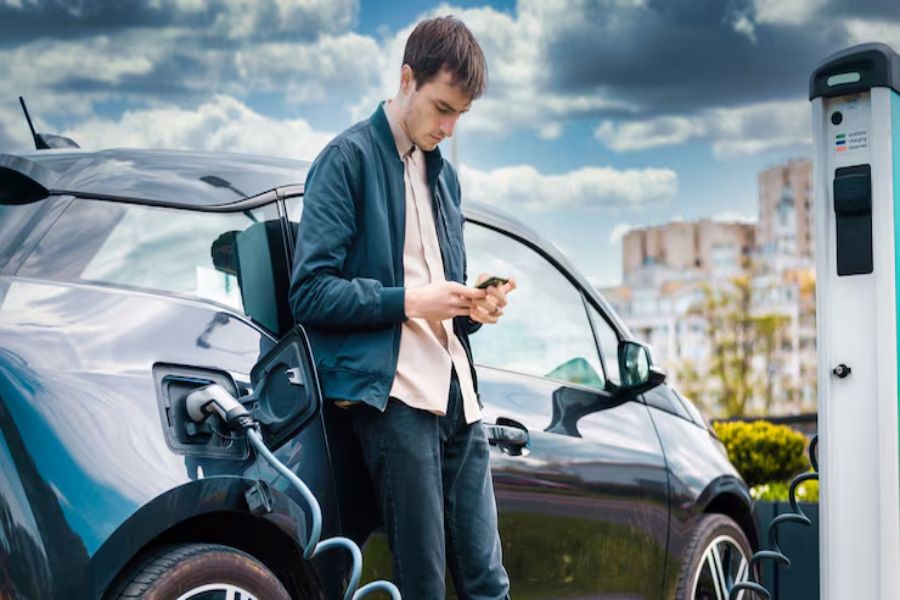Powering the Future of Hybrid Mobility: The Role of DC Generators in On- and Off-Road Vehicles
As hybrid and electric vehicle technology advances, the need for efficient, reliable power generation has become critical — not just for passenger cars, but also for commercial trucks, agricultural equipment, and construction machinery. One technology quietly enabling this shift is the DC generator.
Why DC Generators Matter in Modern Hybrid Powertrains
Hybrid vehicles rely on a stable DC power source to charge batteries, power drive motors, and support auxiliary systems. While alternators and AC generators are common in legacy platforms, DC generators offer three major advantages:
- Direct DC output: Reduces the need for additional rectification hardware and minimizes conversion losses.
- Variable-speed compatibility: Matches output to fluctuating engine RPMs common in hybrid systems.
- High efficiency at partial loads: Critical for real-world duty cycles where vehicles rarely run at full power.
On-Road Hybrid Applications
- Delivery fleets & service vehicles: Range-extending hybrids use DC generators to reduce fuel use and emissions without requiring full EV infrastructure.
- Transit buses & coaches: Onboard DC generation supports traction batteries while powering HVAC, lighting, and infotainment systems.
Off-Road Hybrid Applications
- Agricultural tractors & harvesters: DC generators efficiently charge auxiliary battery packs that power implements and reduce fuel consumption.
- Construction & mining equipment: Hybrid skid steers, excavators, and loaders benefit from stable DC power under variable load and speed conditions.
- Defense & specialty vehicles: Rugged DC generators enable silent watch operation and reliable off-grid power.
Driving Innovation from Michigan
Michigan’s mobility sector has long been at the forefront of powertrain innovation. Companies like Innotec Power are engineering compact, rugged, and high-efficiency DC generation systems tailored for hybrid platforms across automotive, agriculture, construction, and defense industries. For example, DC generators designed for hybrid vehicles now deliver higher power density, improved thermal performance, and smarter controls — helping manufacturers meet strict emissions standards while maintaining productivity in demanding environments.

